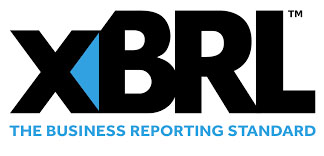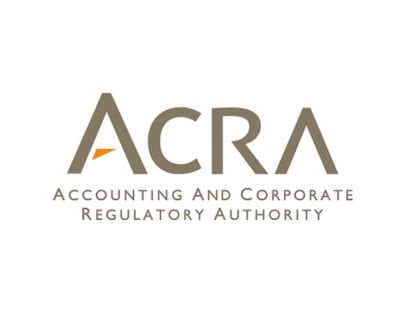The Accounting and Corporate Regulatory Authority (ACRA) implemented XBRL financial reporting in 2007. XBRL or the eXtensible Business Reporting Language is managed by a not-for-profit organisation—XBRL International—that seeks to improve the accountability and transparency of companies globally. It is used in more than 50 countries providing a more effective and more accurate way of creating digitised financial reports.
What is XBRL?

Creating accurate financial statements is crucial to every business owner and company secretary. With XBRL, the preparation, creation, and exchange of information between organisations are simplified, while adding value to the data. XBRL format intends to support all aspects of reporting in different countries and it can also be adjusted according to specific industry needs. It was adapted by ACRA to promote effective communication between entities and government authorities.
Moreover, XBRL is often termed as “bar codes for reporting”. It generates unique tags and associates it with reported facts, allowing:
- published reports to be analysed accurately
- consumed reports to be tested against a set of business rules to identify or avoid errors
- the adaption of data based on the user or entity need (using a different language or alternative currency)
Benefits of XBRL
XBRL software is specifically designed to fulfil the requirements of businesses and financial data. Aside from assigning unique tags to a particular data, it also provides a range of information about an item, which can be monetary, percentage or even fraction. More of its benefits are listed below:
XBRL shows how data is related to one another. XBRL software can identify if data belong to particular groupings such as organisational or presentational purposes. It is also able to represent how data are calculated.
Reports prepared using the XBRL format are interchangeable across various organisations. It allows the exchange of business information without compromising data accuracy. Additionally, XBRL has the capacity to aggregate financial statements like accounting data or risk and performance reports.
The XBRL International Standards support almost every kind of reporting possible. The technical specifications of XBRL have been developed throughout the years. It is designed to promote public accountability and open data exchange for business reporting. Moreover, any company owner can download the XBRL software online.
XBRL enhances the value of business data. Greater transparency of data is achieved when filing in the XBRL format. The generated report can be sliced immediately, thus allowing fast interpretation and analysis of data. According to ACRA, since more companies are filing in full XBRL form, business information is now more efficiently generated and made available to the community.
Some of The Most Important Features of XBRL
Comprehensible Taxonomy
Taxonomy classifies financial concepts (elements) in which each one is defined. It also defines the relationship between the information used in a business report. Regulators, standard setters, and government agencies work together in developing taxonomies to clearly define pertinent information that needs to be reported.
Multilingual Support

XBRL software is designed to allow data to be prepared in many languages deemed necessary. Third parties can also add a translation of definitions. With this capability, reports can be displayed in a range of different languages without additional work.
Filter Information through Business Rules
XBRL allows company owners to create business rules that can filter poorly-generated reports. It works by:
- prompting the preparer of low-quality information while the report is in draft
- bouncing back the report that fails critical rules for review and resubmission
- pointing out questionable details while allowing correction or quick follow up
- aggregating data based on the details provided
Who needs to comply with XBRL filing?
All companies incorporated in Singapore are required to file financial statements in the XBRL format with ACRA. However, if you own a sole proprietorship, limited liability partnership, partnership or limited partnership, you are not mandated to do so.

Recently, ACRA published the revised requirements for filing financial statements using the XBRL format. This is part of their efforts to streamline the process and will fully take effect on 1 May 2021.







Leave A Comment